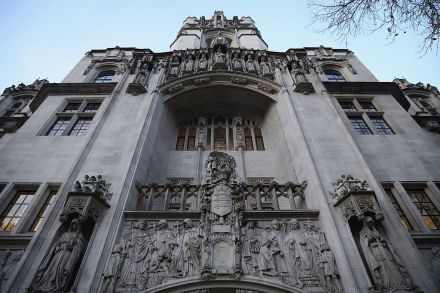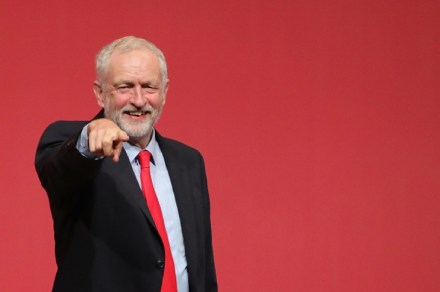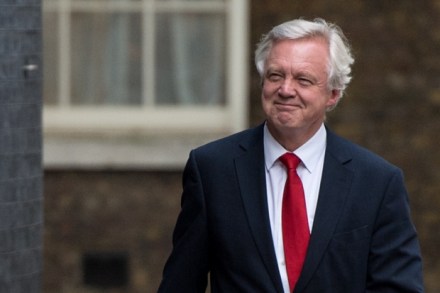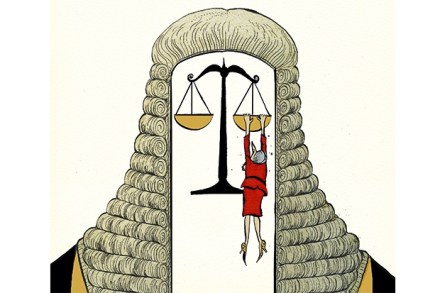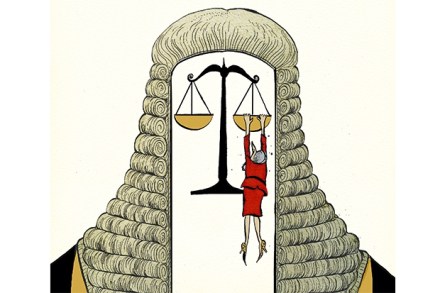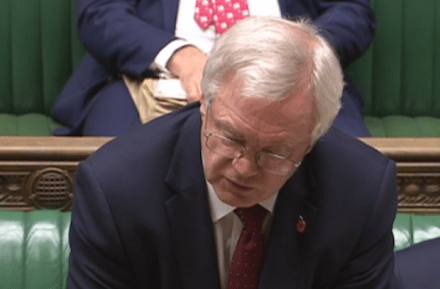Breaking: Government loses Article 50 case
Isabel Hardman is joined by Fraser Nelson and James Forsyth to discuss the ruling: In the past few minutes, the Supreme Court has delivered its ruling in the Article 50 case on taking Britain out of the European Union. The Government has lost. It had argued that it did not need an Act of Parliament before triggering the mechanism. The Court ruled by eight judges to three that the Government did need the authority of Parliament in order to start the process. You can read the full judgement here. But the Court also ruled unanimously that Brexit is a matter for the Westminster parliament and not the devolved assemblies. This means
